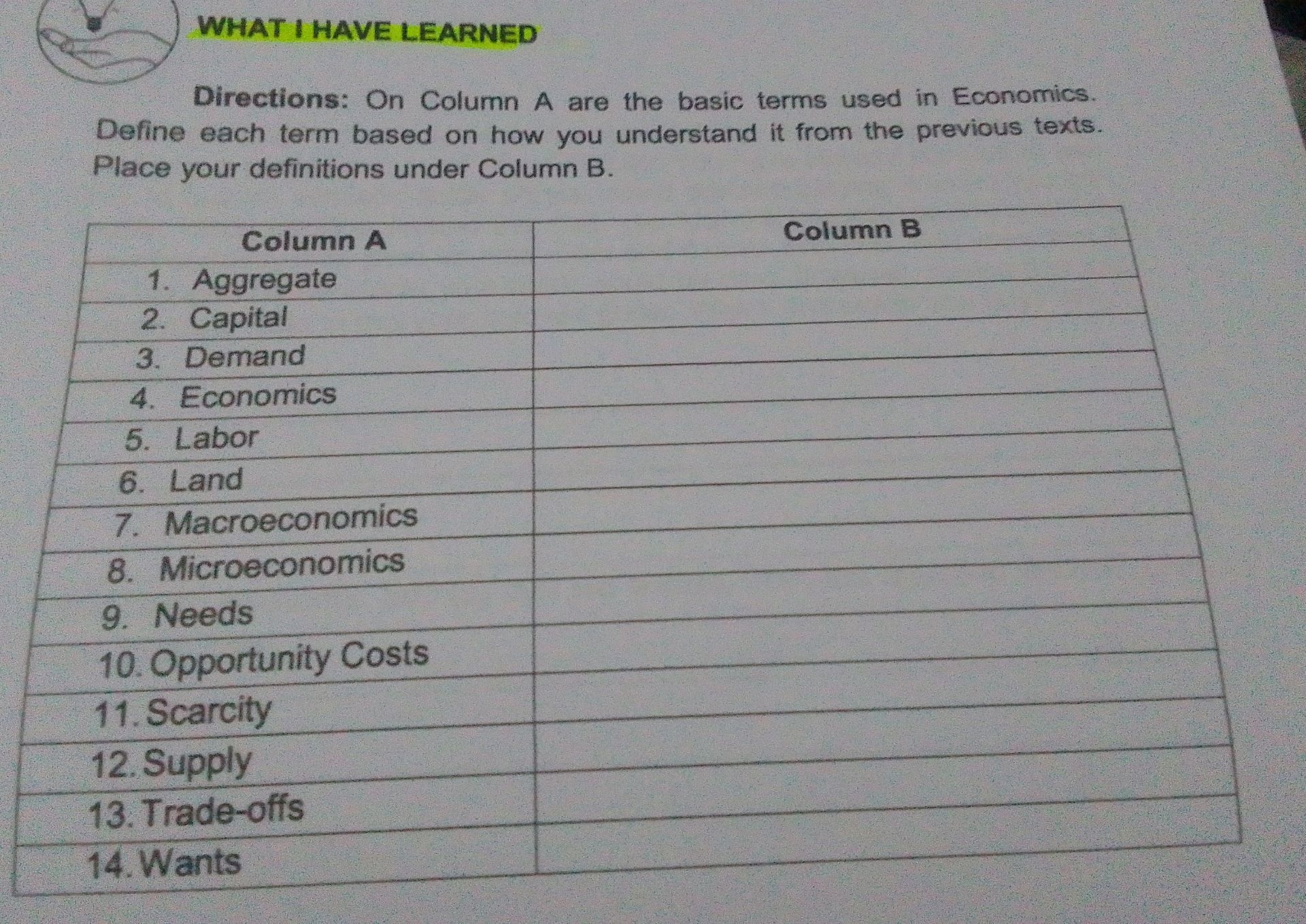When it comes to economics, there are a variety of terms and concepts that are essential to understanding the field. Whether you are a student studying economics for the first time or simply interested in learning more about how the economy works, familiarizing yourself with these basic terms is a great place to start.
From supply and demand to inflation and GDP, economics is a complex and dynamic field that impacts nearly every aspect of our lives. By understanding these basic terms, you can gain a better grasp of how the economy functions and make more informed decisions in both your personal and professional life.
Basic Terms Used in Economics
1. Supply and Demand: One of the fundamental concepts in economics, supply and demand refers to the relationship between the availability of a product or service and the desire for that product or service. When supply exceeds demand, prices tend to fall, while when demand exceeds supply, prices tend to rise.
2. Inflation: Inflation is the rate at which the general level of prices for goods and services is rising, leading to a decrease in the purchasing power of a currency. Inflation can have a significant impact on consumers, businesses, and the overall economy, influencing everything from interest rates to consumer spending.
3. Gross Domestic Product (GDP): GDP is a measure of the total value of all goods and services produced within a country in a given period of time. It is used to gauge the economic health of a nation and is often used to compare the relative performance of different economies.
4. Fiscal Policy: Fiscal policy refers to the use of government spending and taxation to influence the economy. By adjusting tax rates and government spending levels, policymakers can stimulate economic growth, control inflation, and address other economic challenges.
5. Monetary Policy: Monetary policy involves the management of the money supply and interest rates by a central bank, such as the Federal Reserve in the United States. By adjusting interest rates and other monetary tools, central banks can influence borrowing, spending, and investment decisions, shaping the overall health of the economy.
By familiarizing yourself with these basic terms and concepts, you can develop a deeper understanding of the forces that drive the economy and make more informed decisions in your personal and professional life. Whether you are a student, a business owner, or simply a curious individual, economics plays a crucial role in shaping the world around us.
